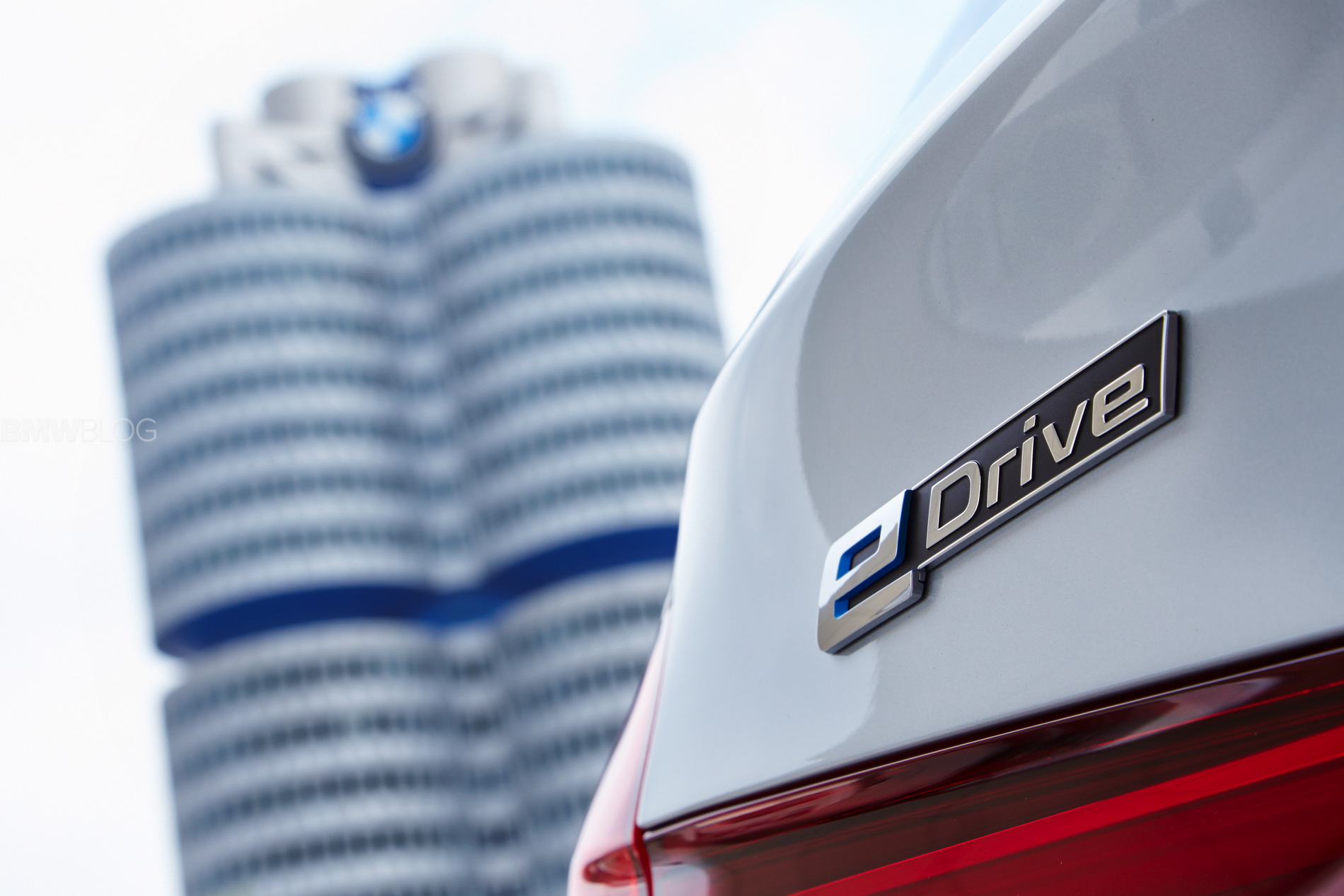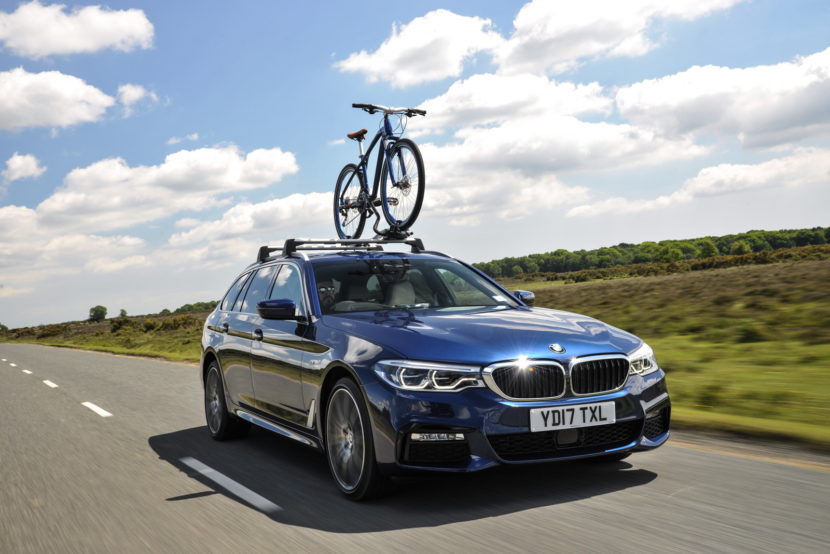Two of the most popular BMW models in Europe are the 3 Series Touring and its larger brother, the 5 Series Touring. Both of those models make up for a large chunk of sales in their respective families, and are made available with a wide range of motors. Even though BMW is on track to electrify nearly every model in their line-up, a report from Europe now states that the Touring models might be the exception.
At a private event in Belgium, the local BMW folks have told the eager PHEV Touring fans that those models will be skipped by BMW. The news are somewhat surprising considering the popularity of these cars and the easily transferable technology, so it remains to be seen if this strategy only applies to current generation of cars.
By 2025, the BMW Group expects electrified vehicles to account for between 15-25% of sales. To achieve that, BMW Group has developed a uniquely flexible system across its global production network. In the future, the BMW Group production system will create structures that enable our production facilities to build models with a combustion engine, plug-in hybrid or fully electric drive train at the same time.
The BMW Group currently produces electrified models at ten plants worldwide; since 2013, all the significant elements of the electric drivetrain for these vehicles come from the company’s plants in Dingolfing and Landshut. Dingolfing additionally builds the plug-in hybrid versions of the BMW 5 Series and the BMW 7 Series and from 2021, it will build the BMW i NEXT. The BMW Group has invested a total of more than 100 million euros in electro-mobility at the Dingolfing site to date, with investment continuing as the BMW Group’s range of electrified vehicles further expands.





































































